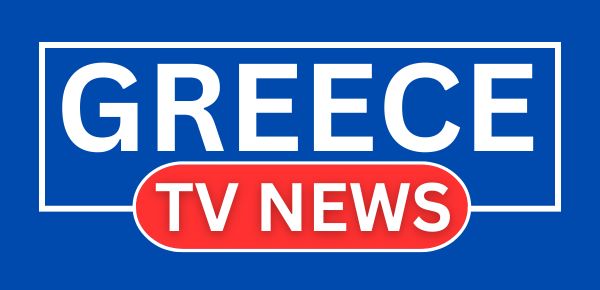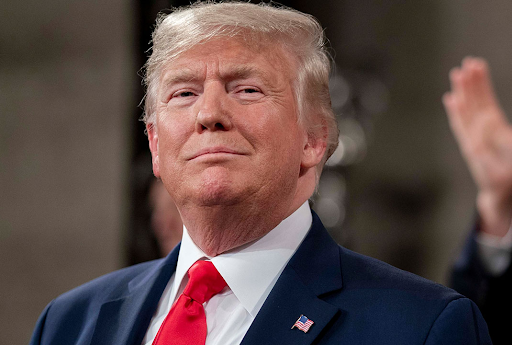While securing a nomination for the Nobel Peace Prize is an achievement in itself, the path from nominee to laureate is fraught with hurdles, especially for a candidate like Donald Trump. Experts point to a series of disqualifying factors in his record and rhetoric that make his chances of winning infinitesimally small.
His primary claim stems from the 2020 Abraham Accords. Rep. Claudia Tenney’s nomination celebrates his role in brokering these normalization deals. However, this is just the starting point for the committee’s deep vetting process, which examines a candidate’s entire career and worldview.
The first major hurdle is his demonstrated opposition to multilateralism. The Nobel Prize was created to reward efforts at “international fraternity,” yet Trump’s presidency was defined by withdrawing from international agreements and bodies. This philosophical opposition to the very concept of global cooperation is a fundamental problem for the committee.
The second hurdle is his stance on climate change. His denial of the scientific consensus and his withdrawal of the U.S. from the Paris Agreement are seen as deeply problematic. Historian Theo Zenou explicitly stated he believes this alone would disqualify Trump, as the committee views climate action as essential for future peace.
The final, and perhaps most unique, hurdle is his own public campaign for the award. By repeatedly insisting he “deserves” the prize, he puts the independent committee in an awkward position. Nina Græger of the Peace Research Institute Oslo noted the committee will resist appearing to cave to such pressure. These cumulative hurdles mean that while his name is on the list, it’s highly unlikely to make it to the final announcement.
From Nomination to Annulment: The Hurdles Facing Trump’s Nobel Bid
5

